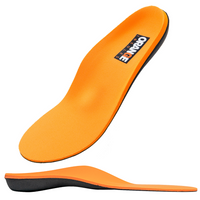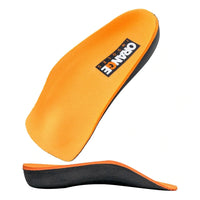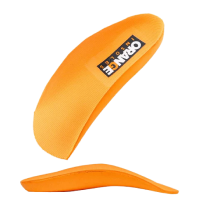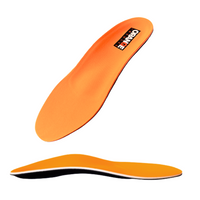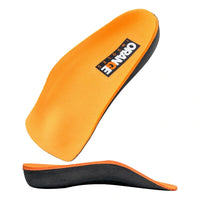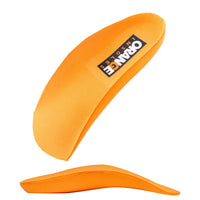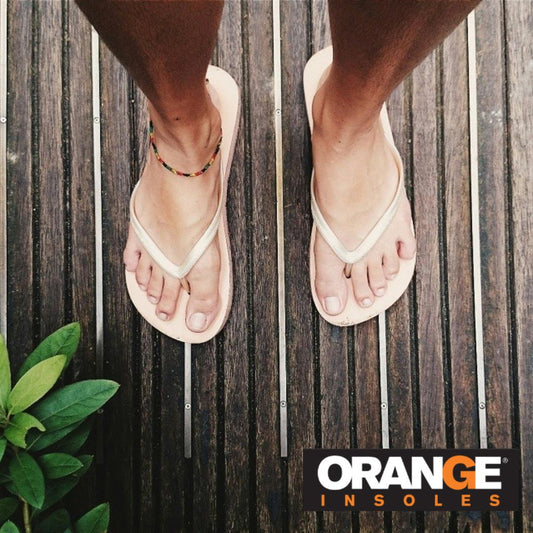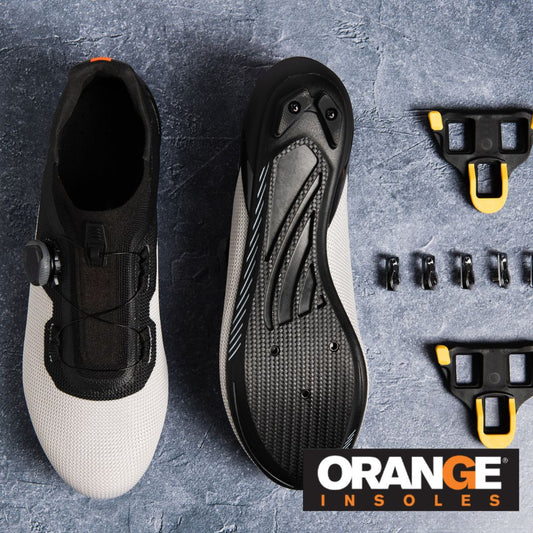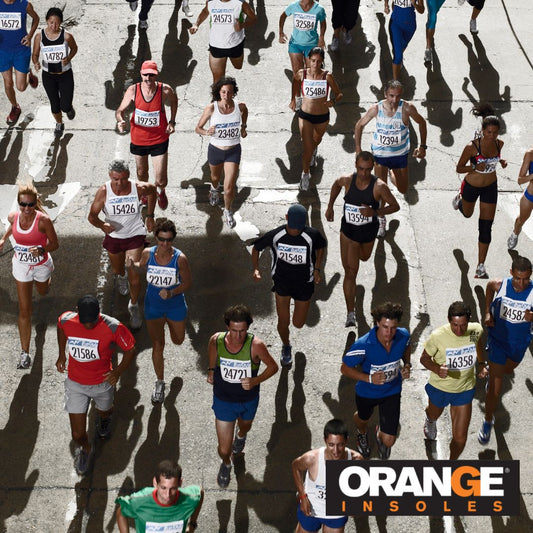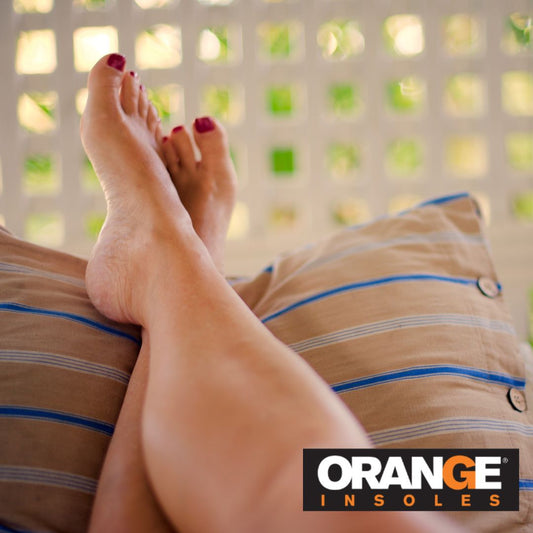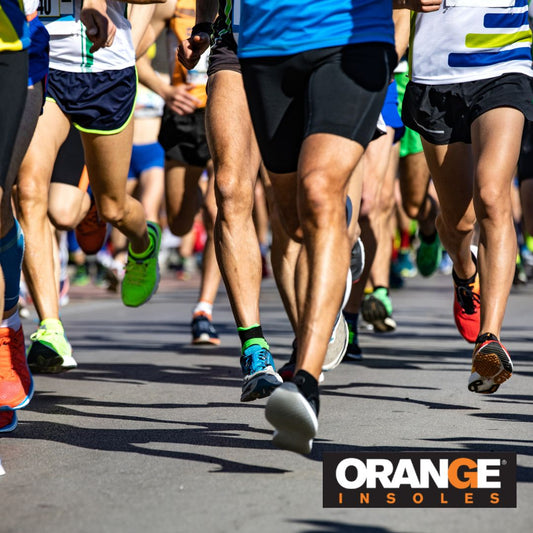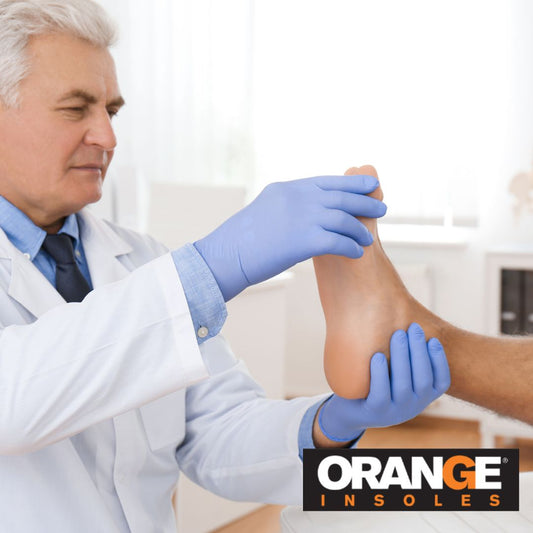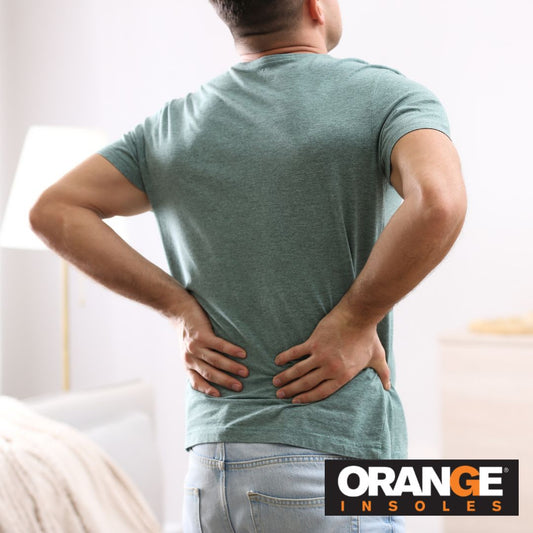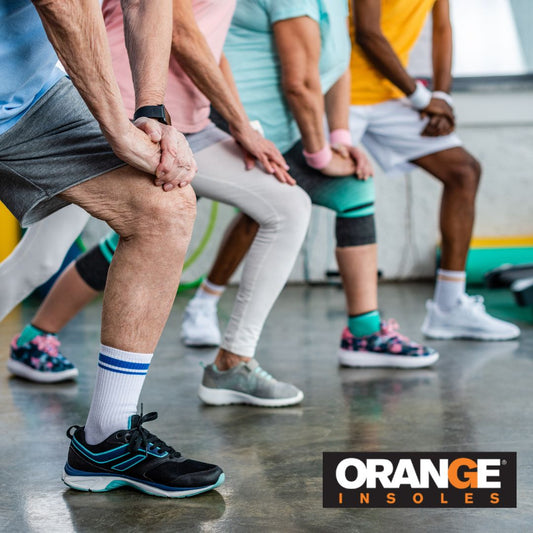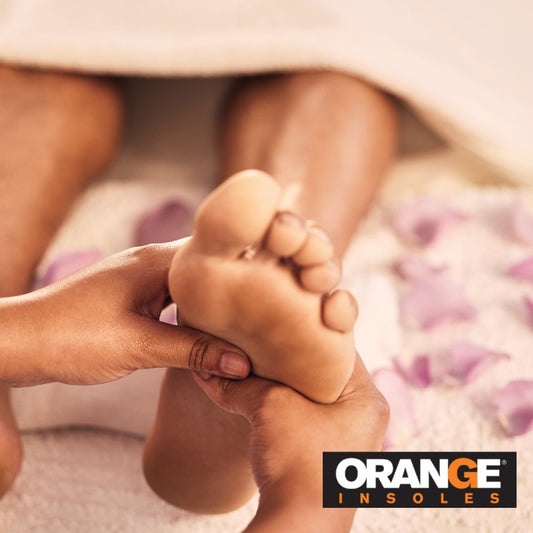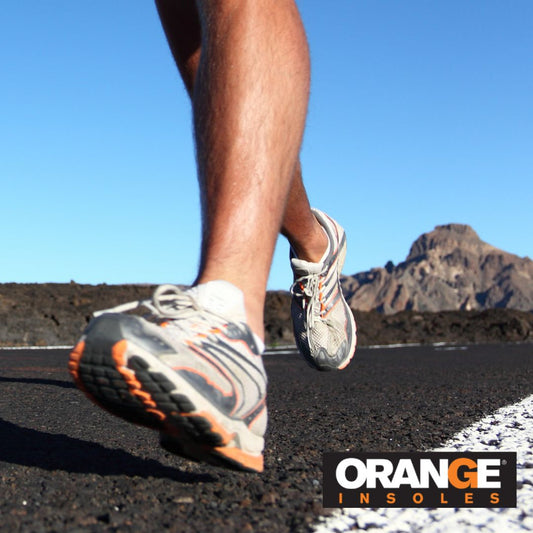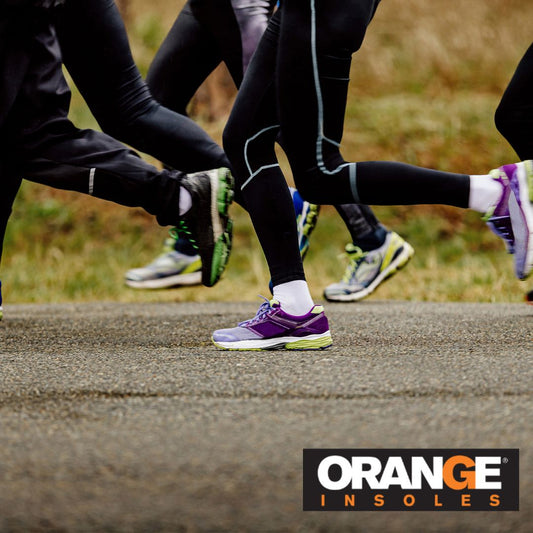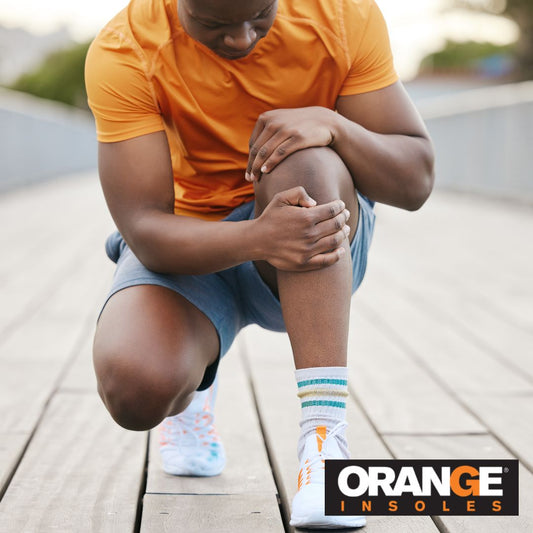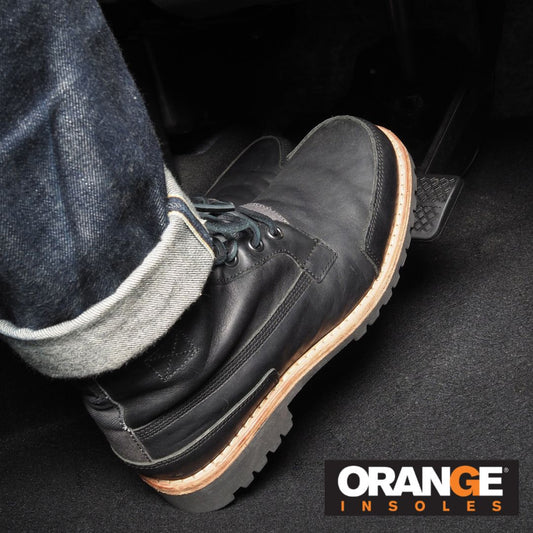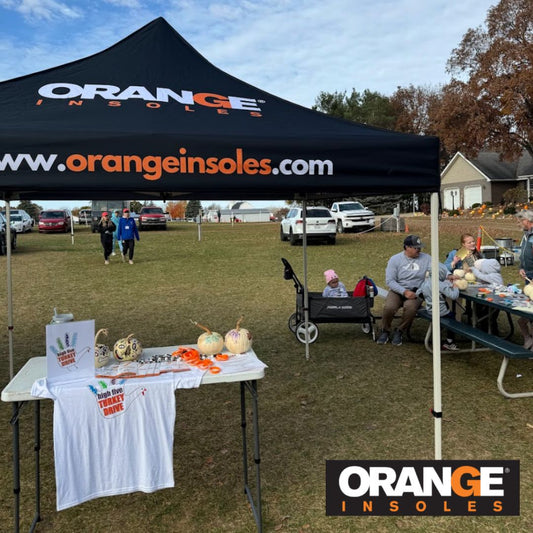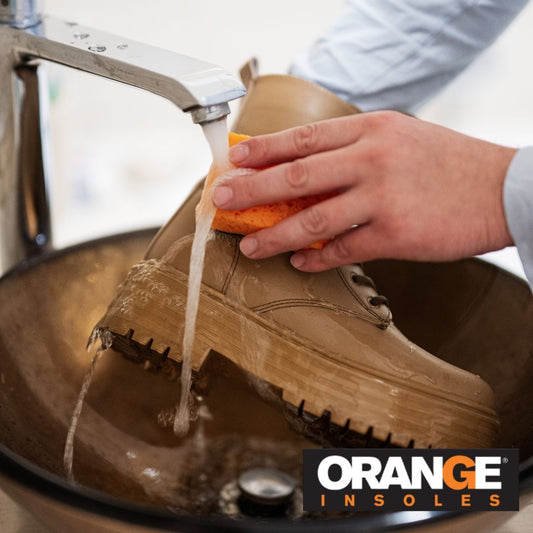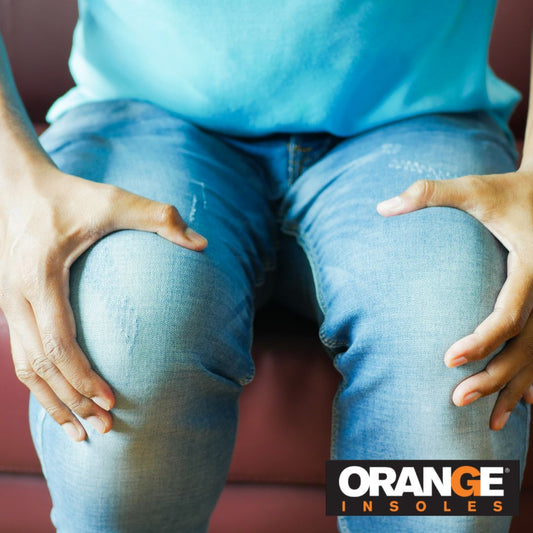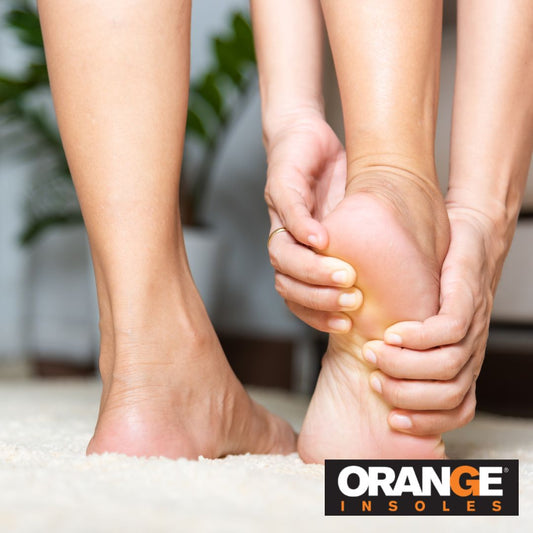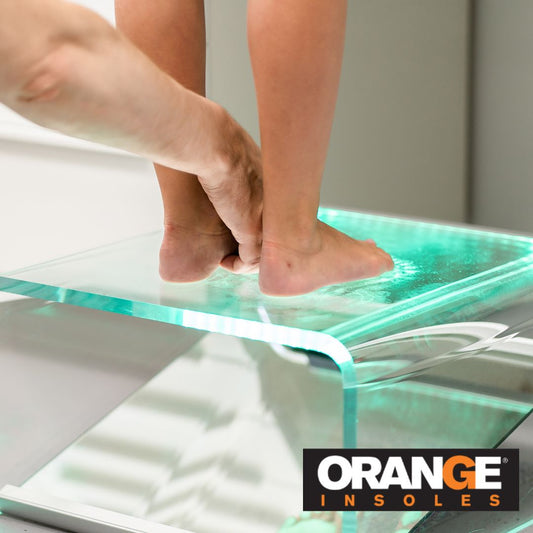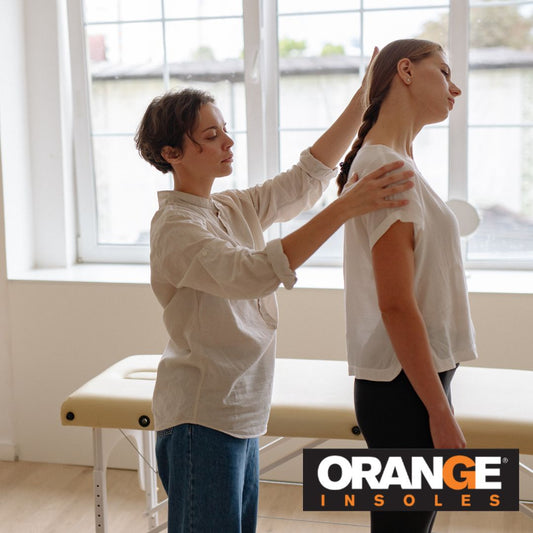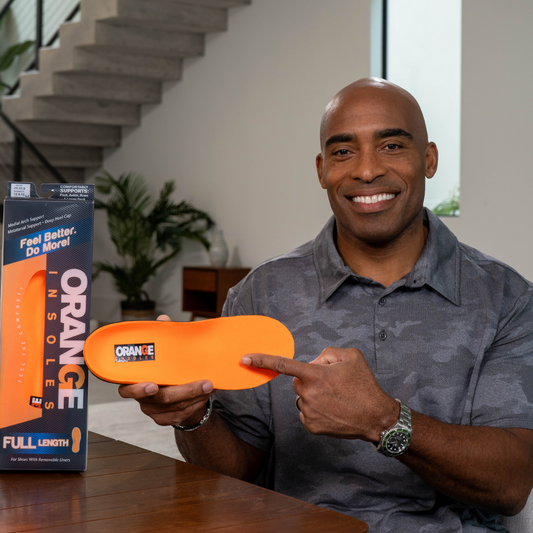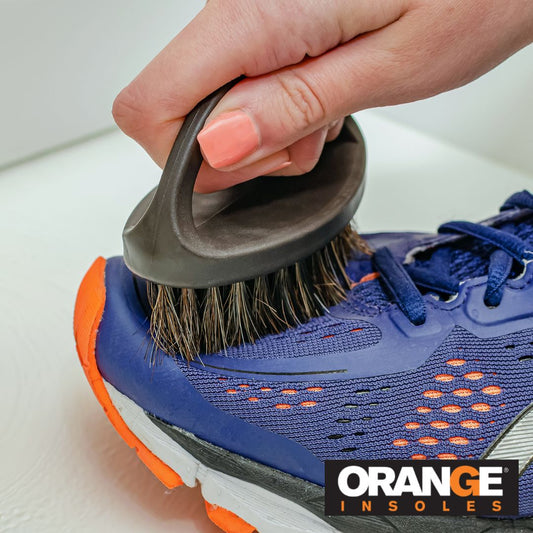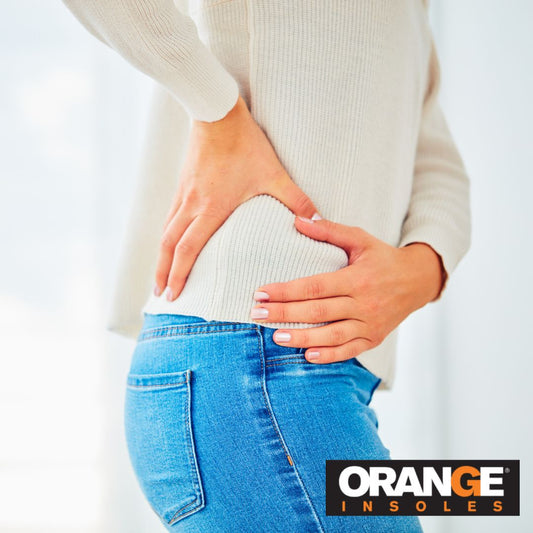Leg Cramps are the worst. Whether they happen during the day or they interrupt a peaceful sleep, no one wants to deal with the sharp pain that comes with the tightening and involuntary contractions of a leg cramp.
These muscle cramps, also known as a charley horse, can cause severe pain and may happen once in a while or frequently. No matter how often they happen, they don’t feel good and we want to offer some tips on how to prevent them and get rid of them when they occur.
Causes of Leg Cramps
What causes these “pain in the leg” cramps? There are a few things that could be causing your muscles to contract.
The causes of leg cramps could be simple, like:
- Overuse of a muscle
- Muscle strain
- Holding a position for too long
Some other causes of leg cramps are a little more complicated but still treatable.
Dehydration: This is one of the most common causes of leg cramps. Fluids help keep your muscles lubricated so they can easily contract and relax. When they don’t have enough fluids, it’s harder for them to contract.
Inadequate Blood Supply: A narrowing of the arteries that deliver blood to your legs can cause cramps while you’re exercising but this pain will usually go away when you stop.
Mineral Depletion: Not enough potassium, magnesium, or calcium in your diet can cause leg cramps. Many of us don’t get enough of these minerals through diet and often certain medications, like Diuretics, can deplete these minerals.
Medications: Other medications that can cause leg cramps are birth control and steroids.
Treating (And Avoiding) Leg Cramps
So, what can you do about these pesky pains?
Stay hydrated: It’s important to get enough water, especially when working out. When you’re active, make sure you’re replenishing your fluids at regular intervals and keep drinking water even when you’re done working out. Starting and ending your day with a big glass of water is always a good idea.
Kick it out: Moving your leg around, while painful, is the best way to shake off the pain of a leg cramp. Getting up and walking or just giving that leg a good shake can alleviate the pain of the cramp.
Vitamins: You can take vitamins for leg cramps, especially vitamins that will help replace any minerals you may be lacking. Experts recommend getting at least 300 milligrams of magnesium each day. While you can get magnesium from foods like nuts, lentils, and quinoa, you can also take a magnesium supplement. Eating a potassium-rich banana after a workout is also a great idea!
Stretch: If your cramps tend to hit at night (those are basically the worst), you can try stretching your muscles a little before tucking yourself in. Walk around your bedroom before bed or just bend your feet at the ankles a few times before you settle in. For more severe cases, try a light ride on an exercise bike.
Insoles: A lot of leg problems tend to start in the feet. While there is no direction correlation between leg cramps and foot support, adding an insole to your shoes, especially if you have flat feet, high arches, or other foot-related issues, can begin to help alleviate aches and pains in the rest of your body.
As always, it’s a good idea to see your doctor if your muscle cramps occur often or don’t go away after the suggested treatments. You know you’re body and if you think something is wrong, see your doctor!
SHOP for Insoles
